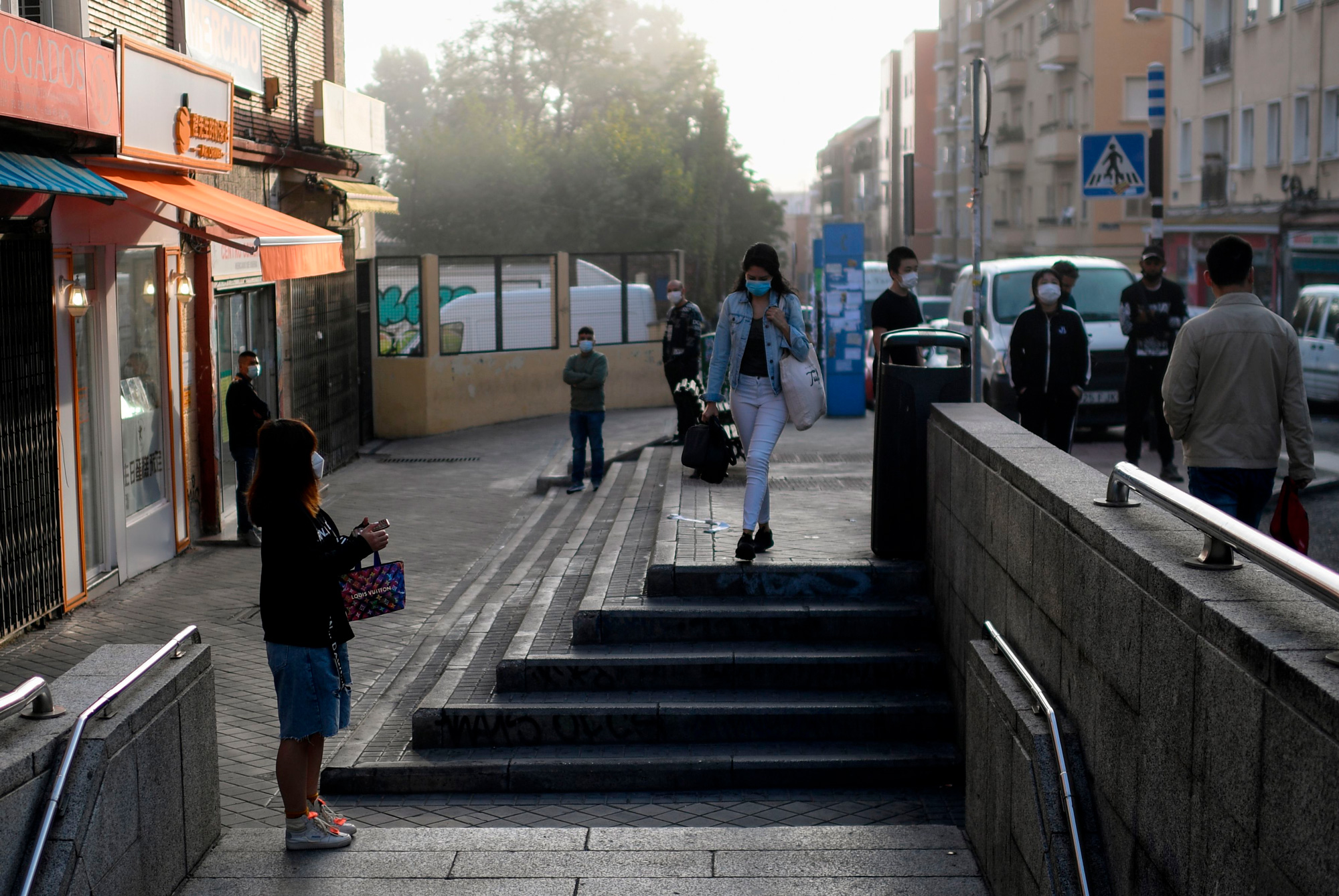Globally, there have been more than 31 million confirmed cases of coronavirus, and more than 961,000 people have died, according to figures from Johns Hopkins University.
After successfully tamping down the first surge of infections and deaths from the virus, Europe is now in the middle of a second Covid-19 wave.
Austria: Several new restrictions aimed at events and socializing have come into force in Austria, as Covid-19 cases there rise, the country’s health ministry announced.
As of Monday, a 1 a.m. curfew will be in place for all events and eating establishments. Indoor events without assigned seating are to be limited to 10 people, and outdoor events to 100.
Mask wearing is to be made mandatory in more public areas such as public transport, indoor and outdoor markets, as well as for staff and visitors to indoor restaurants (except when sitting at a table to eat), says the ministry’s website.
The country has seen a rising number of cases this month. Austria has recorded a total of 38,794 coronavirus cases so far, according to its health ministry. The capital Vienna is worst affected, with 13,301 cases.
Several parts of Austria have been classified as “orange” areas under the country’s pandemic traffic light system, indicating a “high risk.” According to the country’s health ministry “orange” areas have a high 7-day incidence of the virus, relative to the size of the population.
Germany: Germany is aiming to introduce additional measures to fight Covid-19 this fall.
In an interview with the Rheinische Post newspaper, Health Minister Jens Spahn highlighted the introduction of so-called “temperature ambulances,” locations where those with coronavirus symptoms can get on-the-spot tests.
Spahn also spoke about the need to get more fast testing underway.
So far, 272,337 people in Germany have been infected with the virus — 922 new cases were reported on Sunday, according to the Robert-Koch institute (RKI), Germany’s federal agency for disease control and prevention. According to the RKI, a total of 9,386 people have died of the disease; there have been no new fatalities in the last 24 hours.
Meanwhile, the German city of Munich is to make mask wearing mandatory in busy areas, its mayor said Monday.
Mayor Dieter Reiter said masks would become mandatory from Thursday, unless the incidence-rate — which stood at 55.59 per 100,000 inhabitants on Saturday — drops by then.
Meanwhile, the number of people who can meet in the city — either privately at home, or in a pub or restaurant — will be restricted to five, or two households.
Czech Republic: The Czech Health Minister Adam Vojtěch has resigned, a spokeswoman for the ministry has confirmed.
“Minister Vojtěch resigned. He wants to create space for a new solution to the coronavirus epidemic,” Gabriela Štěpanyová told CNN by text. “He came to the ministry to push for systemic conceptual changes, but the coronavirus epidemic does not allow him to complete the task.”
Coronavirus case numbers have risen starkly in the Czech Republic in recent weeks, to levels several times higher than during the Spring peak.
As a result of the increase, rules on the use of masks were tightened last week. Starting Friday, face coverings are mandatory for all students and staff everywhere in schools, with only the youngest children exempt from the rules. Previously, masks were compulsory in corridors and common areas, but not in classrooms.
France: Coronavirus cases are rising starkly in France, according to Sante Publique France, the French public health authority, with a total of 453,763 cases so far, and 10,569 new cases in the 24 hours to Sunday evening.
Twelve new deaths were recorded in the 24 hours to Sunday night, bringing the total number of Covid-19 fatalities in France up to 31,285.
Test positivity stands at 5.7%, according to the health authority, which said 3,894 people with the virus had been admitted to hospital in the last seven days; 593 of those are in ICU.
As many as 1,045 clusters — in Paris, Lyon, Marseille, Bordeaux and Lille, among other locations — are currently being investigated, the health authority said.
United Kingdom: The UK has “in a bad sense, recently turned a corner” in the coronavirus pandemic, UK chief medical adviser Chris Whitty said Monday, at a special briefing alongside chief scientific adviser Patrick Vallance.
Coronavirus cases are on the increase across the UK, and Vallance and Whitty — the country’s leading medical experts — warned that, as the weather turns colder, the situation is likely to worsen.
Vallance said infections were increasing across all age groups, with the highest rise among 20- to 29-year-olds. Whitty said the virus was likely to be a serious concern for the next six months, during the annual winter flu season.

